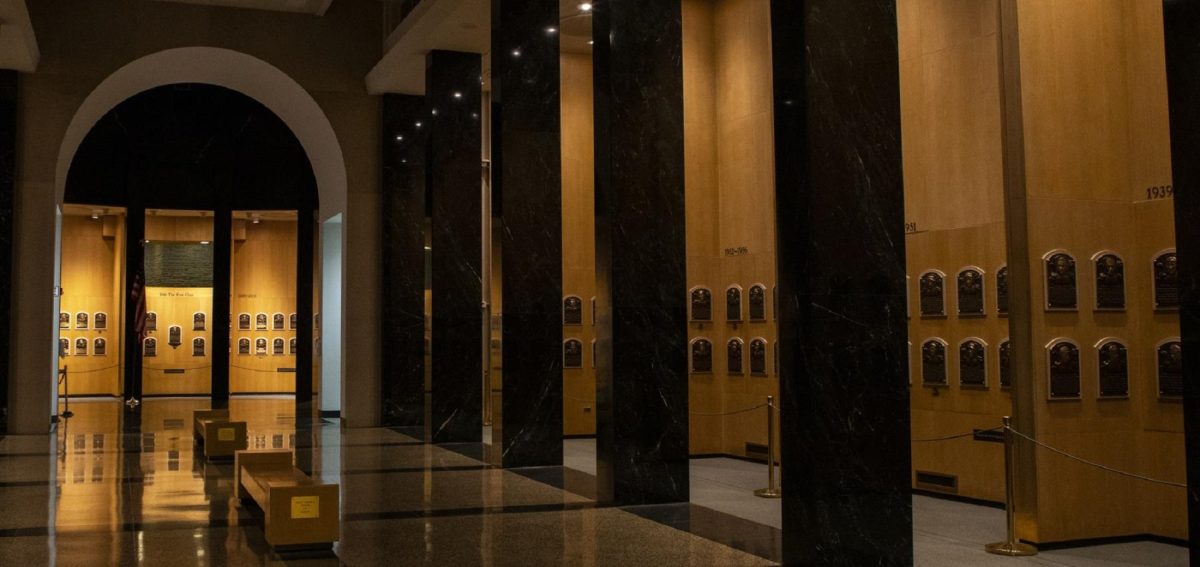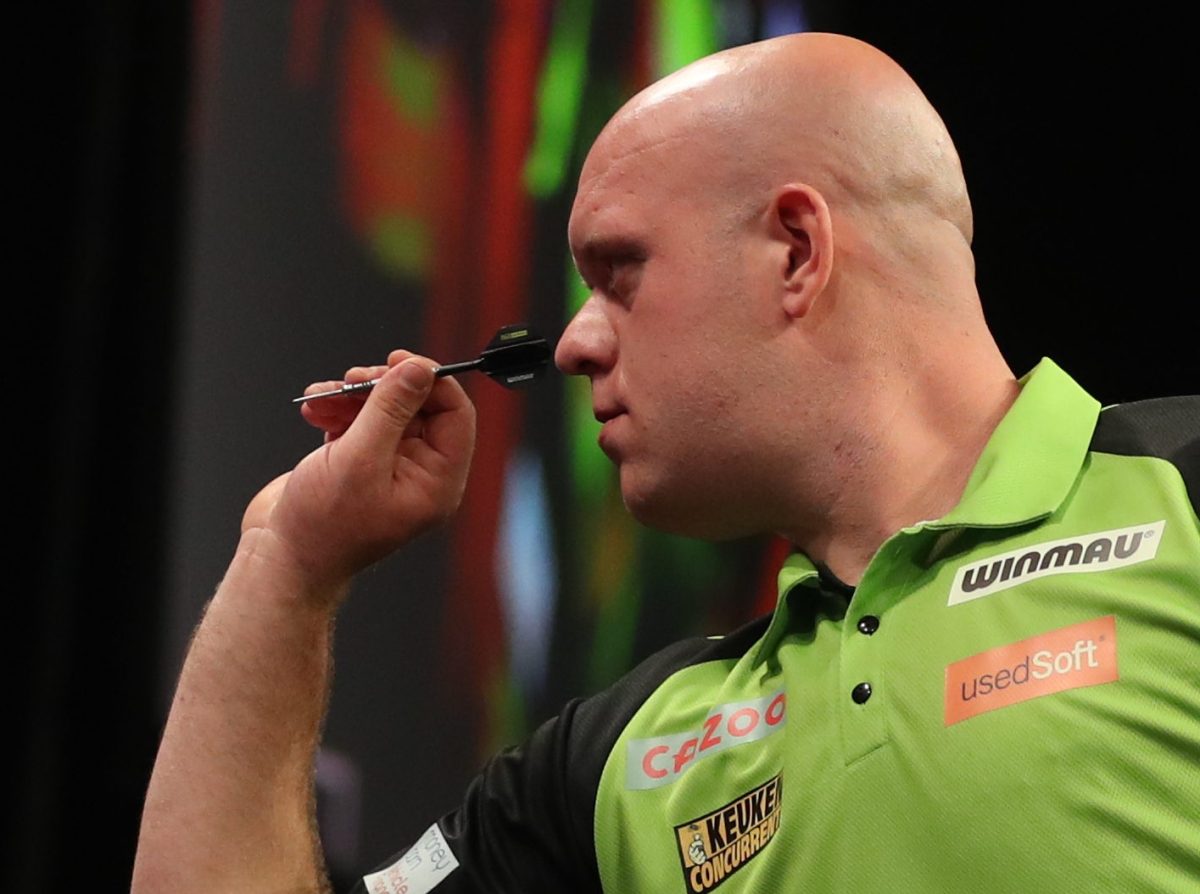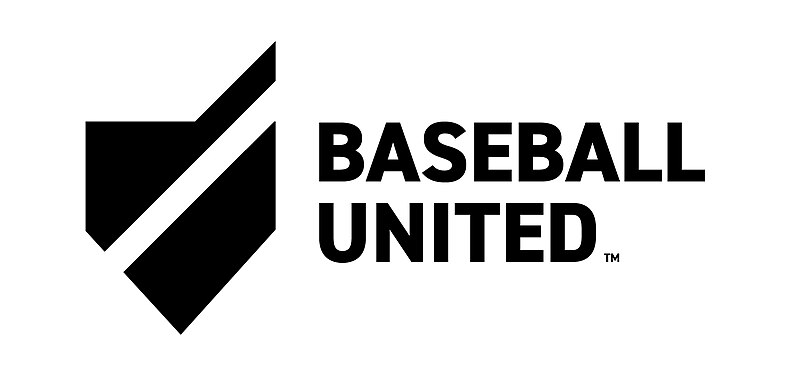Atlético Madrid has been the surprise of European football this season. After years and years of Barcelona and Real Madrid battling for Spanish supremacy without even a thought to other challengers, the small, cash-strapped club has stormed into the fray to break the stranglehold.
Atlético currently enjoys a slim, late lead atop the Spanish La Liga table, but perhaps the biggest signal of the club’s arrival was its deserved dispatching of Barcelona in the quarterfinals of the Champions League.
Atlético has seen the arrival of several playmakers to give them bite on offense, including Diego Costa and Barcelona cast-off David Villa. But the scintillating play of young goalkeeper Thibaut Courtois and his near-impenetrable defense has allowed Atlético to contend with and take down the titans of Europe this season.
At 21, Courtois is still remarkably young for a top-flight keeper. But the Belgian international is already among the best in the world at his position, and under normal circumstances he would be too expensive for Atletico.
Fortunately for the Spanish club, Courtois was available for loan at hefty discount because the club that owns his playing rights — Premier League power Chelsea — has another one of the best goalkeepers in the world — Petr Cech. The loan agreement helps both teams: Atletico gets a world-class player it couldn’t ordinarily afford, and Chelsea is able to hold onto both an elite goaltender and the best goalkeeping prospect in the world while offering them both the chance to stay in form as regular starters.
There is, however, one potential snag in the agreement, and that is the potential for Courtois to be pitted against the club that owns him and defeat them. This happened in the 2012 EUFA Super Cup, when Courtois and Atletico defeated Chelsea. To account for this issue, recent loan contracts have included a clause that Atlético Madrid would have to pay Chelsea 3 million euros every time Courtois played against Chelsea.
As such, when draws were made for the Champions League semifinal, and Atlético Madrid and Chelsea remained as two of the four teams in the draw, it seemed almost assured that the two teams would be pitted against each other, if only because the drama surrounding the “Courtois Clause” was too delicious for fate to pass on.
Alas, EUFA stepped in with a ruling that declared the clause “null, void, and unenforceable,” stating that such clauses were against the “integrity of competitions.” The sports fan in me is happy to see this ruling play out; we all want to see teams at their best when they face off in the last stages of major competition.
Atlético Madrid is a much better team with Thibaut Courtois in the lineup, and the team’s impressive defenses were on display when the two teams met Tuesday in an eventual 0-0 draw (during which Chelsea keeper Petr Cech suffered an unfortunate and perhaps ironic season-ending injury).
However, EUFA’s ruling is unfair to Chelsea and not following its own precedents. The loan agreement between Chelsea and Atlético Madrid benefits both parties, and they negotiated a contract agreeable to both sides.
Atlético agreed to the deal including the clause concerning monetary compensation for Courtois playing against Chelsea (and to the club’s credit, indicated a willingness to honor the clause when the two clubs were drawn together in the Champions League), and as such the clause can be considered fair. If EUFA believed the clause was unfair, then they should have made notice of such a policy before the clause was agreed to and implemented.
But of course, EUFA did not raise concerns when the contract was drawn up because the “integrity of competitions” is only important to the organization when serious money is on the line, and there is a huge global television audience to appease. Just last year, when considering a similar clause between Celtic and Elfsborg, UEFA chose not to interfere: “Any agreement between the two clubs that this player wouldn’t play against Celtic should Elfsborg be drawn against them is purely between the clubs.”
Allowing Thibaut Courtois to play unrestricted against Chelsea in the Champions League is the best thing for football, and Chelsea would most likely have loaned Courtois anyway if the clause had been struck down in negotiations.
However, although EUFA’s actions have brought out the best outcome, they were not taken with the best interests of the game in mind, and the legality of similar loan clauses is now mired in contradictions based on past precedent. If such rulings were to be declared void, EUFA should have done it before the issue came to a head in one of the sport’s largest competitions.
Darius Majd is a junior in the College. This is the final appearance of THE SPORTING LIFE.




















